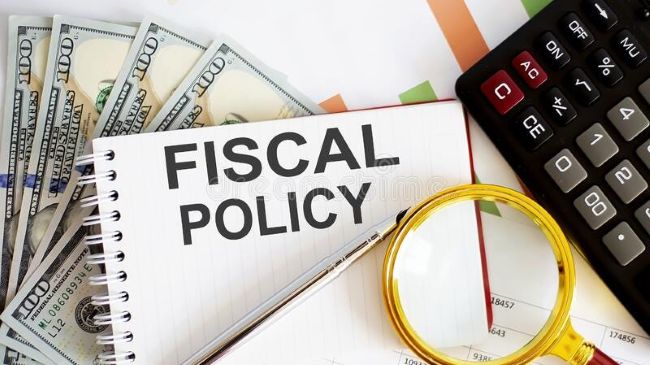LCCI raises red flag on Nigeria’s fiscal trajectory as IMF trims 2025 growth outlook

Amid mounting global headwinds and a sobering economic outlook, the Lagos Chamber of Commerce and Industry (LCCI) has issued a clarion call for urgent fiscal reforms to steer Nigeria away from deepening economic fragility. This follows the International Monetary Fund’s (IMF) decision to cut Nigeria’s 2025 GDP growth projection from 3.2% to 3.0%, citing persistent vulnerabilities and structural imbalances.
In a pointed statement released on Thursday, Dr Chinyere Almona, Director General of the LCCI, emphasized that Nigeria’s economy cannot afford to drift further under the weight of fiscal inefficiencies, mounting public debt, and policy inconsistencies. The Chamber urged the Federal Government to urgently revisit its budget assumptions and fiscal stance to forestall deeper macroeconomic instability.
“The IMF’s concerns over Nigeria’s vulnerability to external shocks are valid,” Almona said. “Our overreliance on crude oil earnings, amid falling global prices and limited fiscal buffers, puts us on precarious ground.”
A Fragile Outlook Demands Stronger Policy Backbone
The revised IMF forecast serves as a wake-up call to policymakers, spotlighting not just sluggish economic momentum, but also unsustainable fiscal practices. With crude oil revenues under pressure and expenditure demands—especially in defence and infrastructure—on the rise, the LCCI recommends an urgent rebalancing of the budget through disciplined spending cuts and robust revenue generation.
Almona acknowledged reforms already in motion, such as the exchange rate unification and the halt to Central Bank deficit financing, but cautioned that these measures need to be complemented by deeper structural adjustments.
“We must address runaway inflation, escalating borrowing costs, and shrinking fiscal space,” she stated. “Nigeria needs to urgently reduce non-essential recurrent spending, eliminate non-productive subsidies, and redirect savings to critical growth drivers.”
Shifting from Oil Dependency to Real Sector Development
Almona laid out a comprehensive blueprint for long-term resilience. Central to the plan is a push to diversify the economy, particularly by growing non-oil exports in high-potential sectors such as solid minerals, the digital economy, and the creative industries.
Agriculture, often touted as a key pillar of Nigeria’s food security and job creation strategy, was another focal point. The LCCI advised targeted investments in fertilizer production, irrigation systems, extension services, and agricultural value chains to drive productivity and reduce import dependency.
Fiscal, Regulatory and Infrastructure Reforms Must Align
The LCCI also spotlighted the infrastructure deficit and inconsistent regulation as major obstacles to private sector growth. Dr Almona called for increased capital investment in power, transport, and broadband infrastructure, alongside MSME-friendly regulatory reforms that will foster domestic manufacturing and inclusive growth.
“Inclusive growth demands more than rhetoric. It requires expanded access to microfinance, reliable electricity, and a predictable tax regime,” Almona said, adding that comprehensive tax reform and improved administration could unlock much-needed revenue without overburdening businesses.
Broader Implications for Policy and Market Confidence
As Nigeria navigates an uncertain global economic environment—characterized by tightened monetary conditions, rising global debt (projected by IMF to hit 117% of global GDP by 2027), and heightened geopolitical risks—the Chamber’s recommendations offer a market-oriented policy compass.
Almona’s message is clear: Sound fiscal governance, not quick fixes, is the only path toward restoring investor confidence, curbing inflation, and placing Nigeria on a sustainable growth trajectory.
Context for Investors and Policymakers:
The IMF downgrade, though marginal, reflects deep-rooted concerns over Nigeria’s fiscal sustainability. As the country edges closer to the implementation of the 2025 budget, the Federal Government’s response—or lack thereof—may either shore up confidence in the economic management team or invite further downgrades from rating agencies and global investors.











